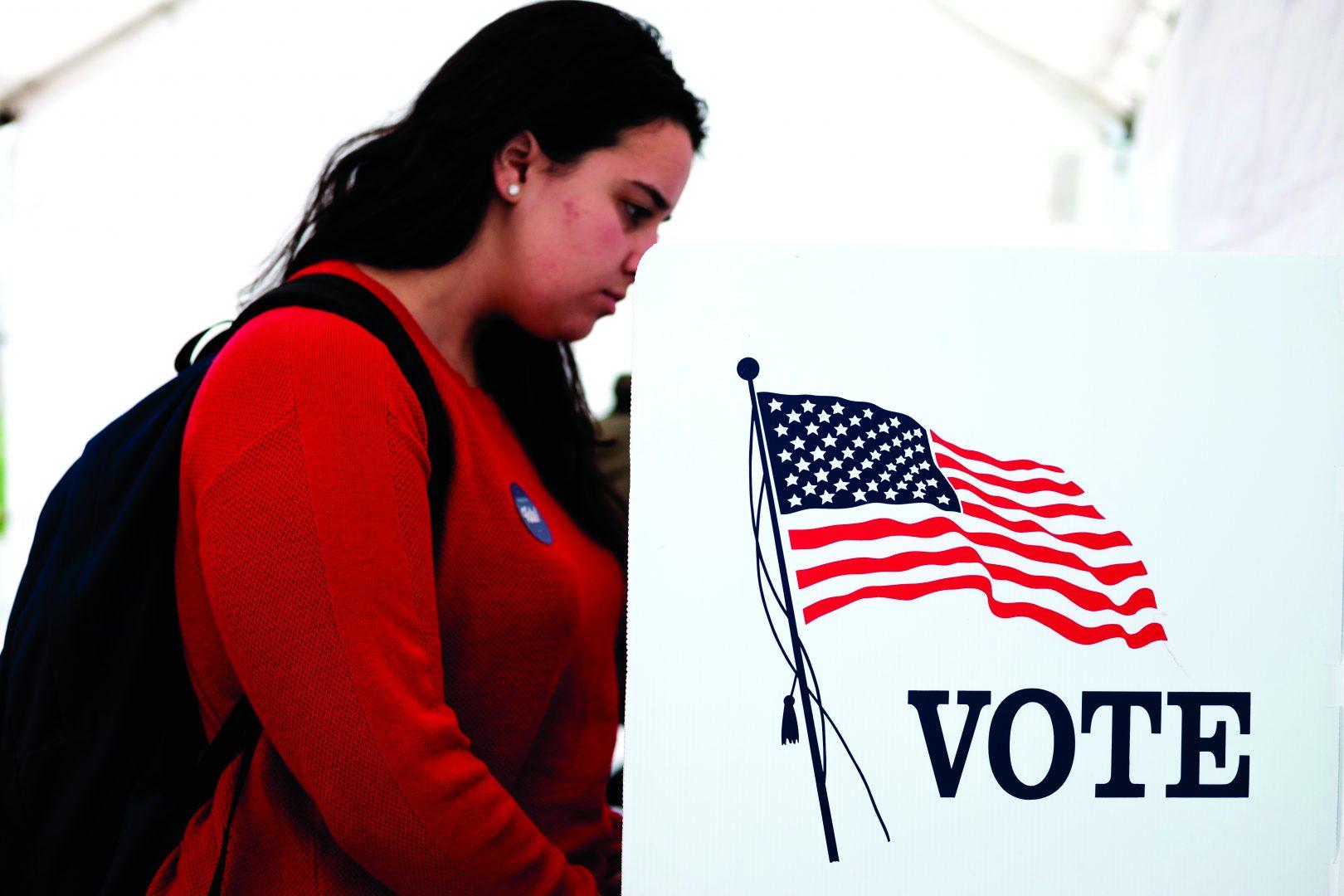A glitch in the electronic voting system used in the 2018 Associated Students, Inc. elections has cast some doubt on the system and the results.
According to an election dispute document made public to students on March 24, ASI’s Student Court found that 29 students were affected by a glitch that allowed them to vote for only eight senators at large instead of 10. That glitch lasted for about 45 minutes, according to the document. The court said the errors found in the Vote Net system “had the potential for disastrous consequences.”
The court discovered the errors after it heard election concerns from Diamond Morehead, who ran for the vice president of external affairs position. In the dispute, Morehead challenged the accuracy of the election results and disputed the results for her position. She cited other concerns like only seeing 15 of the 21 senator at large candidates and that several students did not receive an email with the ballot.
But the court ruled on March 23 that a recount was not warranted for the vice president of external affairs position. The court stated that there is “no room for mathematical error” with the electronic voting system. And it also stated that though there were some errors in the voting system, they were caught before any substantial differences could be made in the election.
Among other concerns the court heard were that student votes for college senator candidates needed to be filtered out if they voted for senator candidates from colleges they did not belong to. The filtering of votes was “unnerving” and “cast doubt on the validity of the election,” according to the court.
Sen. Travis Childress, Greek affairs, and Chief Justice of the Student Court, said last week that the errors in the voting system did not pose a significant impact to the elections. He said that the integrity of the overall votes in the elections were not compromised, and there did not appear to be any nefarious activity regarding the spring elections.
However, the court, in its ruling, recommended that “serious consideration” be given to discontinuing Vote Net in future ASI elections following the questions raised recently. The court meets in an “as-needed” basis, according to Childress and is composed of six members.
Despite the concerns, the ASI elections saw the largest voter turnout in history. The student government said that 21.39 percent of students voted in this year’s election compared to 14.18 percent of students in last year’s elections.
Demi Wack was elected president of ASI, and students voted overwhelmingly to approve the New USU project.




